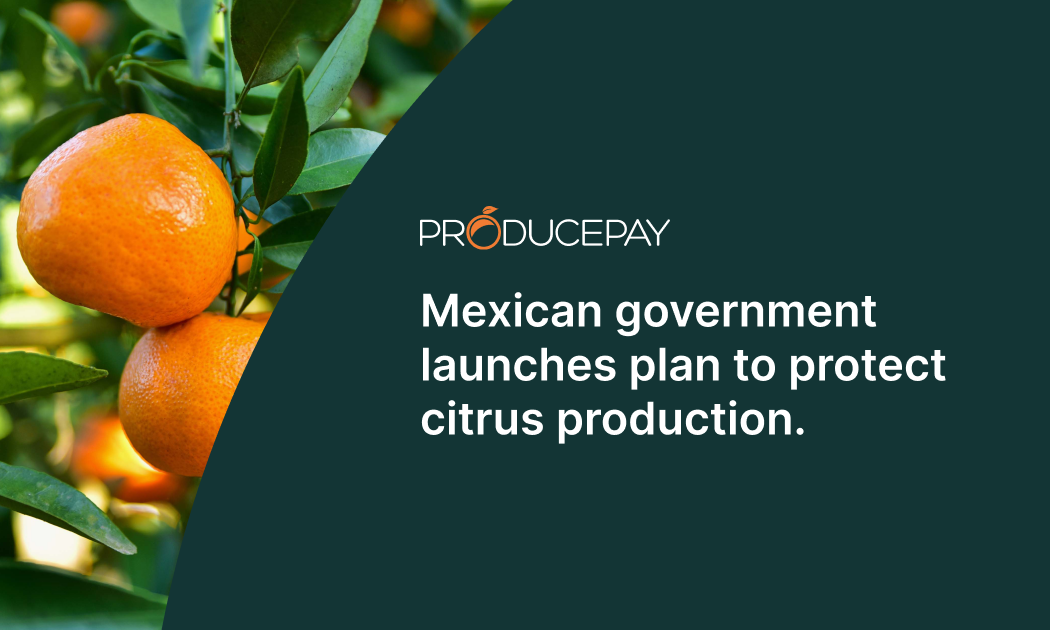
Mexican government launches plan to protect citrus production.
The steadily growing Mexican citrus sector was ranked fourth in agricultural export value for 2022. However, it faces significant challenges, such as Huanglongbing (HLB) and adverse weather conditions.
Industry stakeholders have initiated the Integrated and Strategic Citrus Agronomic Plan to address these issues and strengthen the production chain. This plan coordinates public and private efforts to ensure the success of this vital industry.
Coordinating to boost citrus production
The primary strategy behind this plan is effective coordination among various stakeholders in the industry and at all levels of government. This collaboration seeks to provide certainty throughout the citrus production chain, forming a united front against climate and phytosanitary challenges.
Implementing a comprehensive approach should enhance decision-making efficiency and resource allocation, contributing to this sector’s orderly and protected growth.
Facing the primary threat: HLB
Huanglongbing, also known as citrus greening disease, poses a significant threat to citrus production globally. It has become one of the sector’s most important challenges in Mexico.
HLB is caused by a bacterium called Candidatus liberibacter asiaticus and is transmitted by the Asian citrus psyllid, an insect that feeds on citrus plant sap.
Researchers first identified HLB in Mexico in 2009, and since then, it has spread across 352 municipalities in 23 states. Approximately 50% of cultivated citrus land, equivalent to over 300,000 hectares, is affected by this disease. To address this threat, the Integrated and Strategic Citrus Agronomic Plan will strengthen Mexico’s phytosanitary conditions. This will involve comprehensive training for producers and technicians.
Financial and technological support
A crucial component of the plan’s framework involves providing financial and technological support to the Mexican citrus sector, in collaboration with various institutions, to enhance its competitiveness.
This financing will be directed towards increasing crop densities and implementing irrigation technology. Training efforts will focus on the nutritional needs of citrus and best agricultural practices to extend the productive life of the trees.
Need to ensure liquidity?
As the citrus agricultural industry in Mexico faces growing challenges, such as phytosanitary issues and adverse weather events, the need for innovative solutions to maintain liquidity and ensure operations is apparent. In this context, Quick-Pay emerges as your strategic ally, enabling you to optimize cash flow, maintain stable operations, and secure your business’s functionality.
Source: Agricultura
